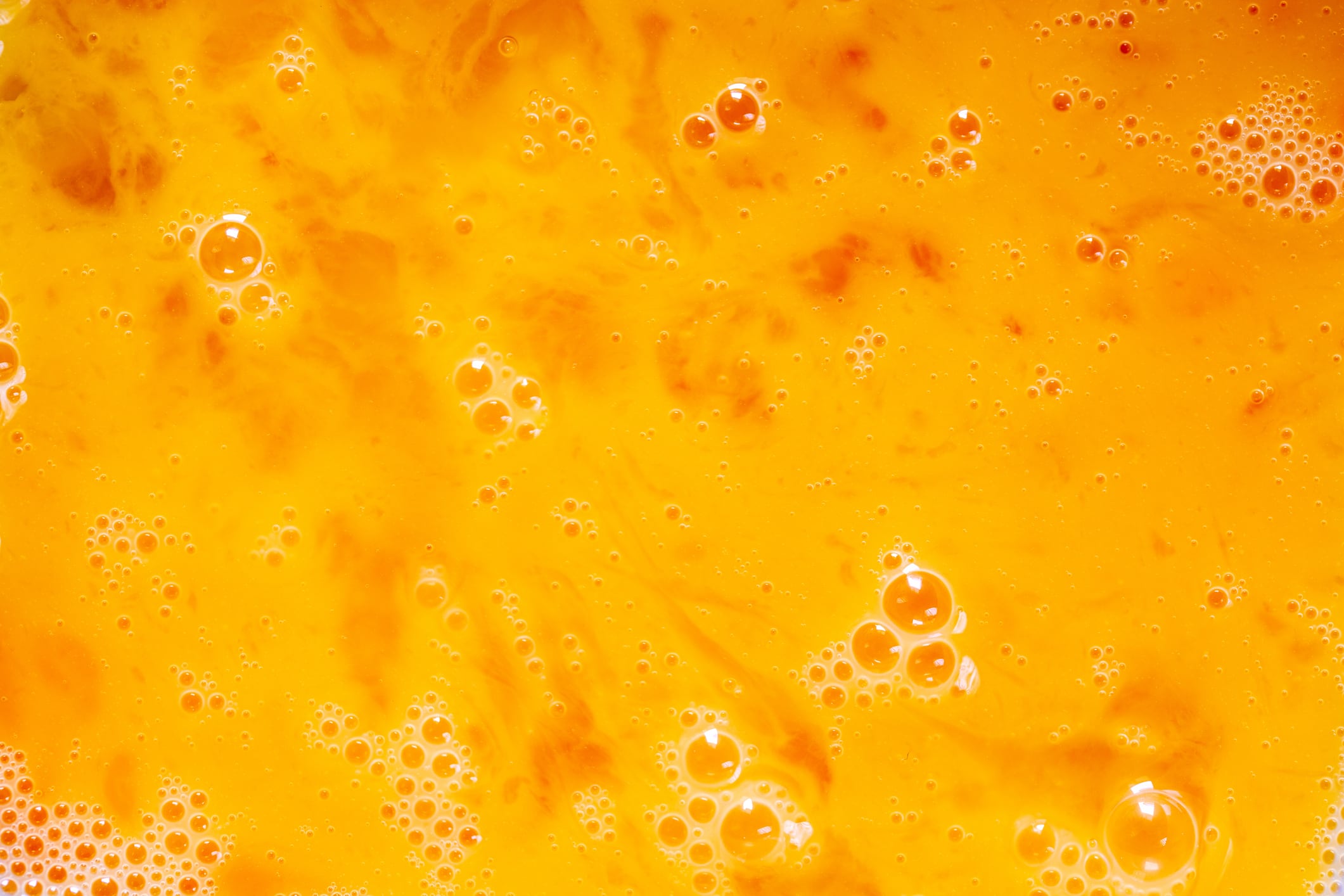Twelve weeks of supplementation with PEA was associated with improved concentrations of IL-2, indicating reduced intestinal inflammation compared to the placebo. Triglyceride levels also decreased, according to the findings published in Biomedicines.
“While the overall composition of gut microbiota remained stable, specific functional changes were observed in the PEA group, suggesting a potential modulation of metabolic pathways,” wrote scientists from Central Queensland University, The University of Queensland and RDC Clinical.
“To our knowledge, this study is the first to investigate the specific microbiome functional changes following PEA supplementation […]. Alterations in microbiome function have been associated with various conditions, and understanding how an intervention affects the microbiome may provide insights into disease mechanisms and potential therapeutic strategies for various health conditions.”
PEA
Interest in the endocannabinoid system has grown significantly in recent years. For companies seeking a way to impact the endocannabinoid system beyond CBD and hemp, an option is PEA. It was first discovered in 1957 as a component in egg yolk, when egg yolk was being researched for its anti-inflammatory properties.
PEA is produced by our body as a first responder to pain, stress and inflammation and is used up locally in all tissues.
Levagen+, from Gencor Pacific Limited, is a specialized form of PEA formulated using a proprietary delivery system (LipiSperse, Pharmako Biotechnologies) that has been shown in previous studies to significantly increase PEA bioavailability.
Commenting on the new study, Ramasamy Venkatesh, managing director of Gencor Pacific, said: “This study found that Levagen+ helped reduce markers associated with both gut inflammation and blood fats (triglycerides). Although it didn’t alter the overall composition of gut bacteria, it did change how those bacteria function—reducing some pathways related to energy breakdown and increasing others that help beneficial bacteria build protective structures.
“Overall, the findings suggest that PEA not only supports a healthier gut-immune balance but may also contribute to improved metabolic health.”
Study details
The Australia-based scientists recruited 58 overweight but otherwise healthy adults (20 men and 38 women, BMI 30-40 kg/m2) to participate in their randomized, placebo-controlled, double-blind study. The volunteers were randomly assigned to receive either 700 mg per day of Levagen+ PEA or placebo for 12 weeks.
The PEA group experienced significant reductions in levels of triglyceride (11% decrease) and the immune regulator IL-2 (4.4% decrease)," the researchers reported.
“This is consistent with previous studies demonstrating the potential role of PEA in modulating lipid metabolism and immune responses,” they wrote.
In terms of the gut microbiota, the overall composition remained largely stable in both groups throughout the course of the study. However, functional changes were observed in participants in the PEA group, which suggested a possible modulation of metabolic pathways.
For example, the NAD+/NADH and NADP+/NADPH interconversion pathway was affected.
“The NAD+/NADH and NADP+/NADPH interconversion pathway regulates cellular metabolism and maintains redox balance while aiding in detoxification and optimising resource allocation for critical cellular functions, such as growth, DNA replication, and responses to environmental stressors,” the researchers explained.
“PEA supplementation may influence specific microbial species, metabolic pathways, and reduce serum triglyceride and IL-2 concentration, shedding light on the intricate relationship between PEA, the microbiome and host health.”
Source: Biomedicines. 12(7), 1620, doi: 10.3390/biomedicines12071620. “Effect of Palmitoylethanolamide Compared to a Placebo on the Gut Microbiome and Biochemistry in an Overweight Adult Population: A Randomised, Placebo Controlled, Double-Blind Study”. Authors: R. Batacan, Jr., et al.





